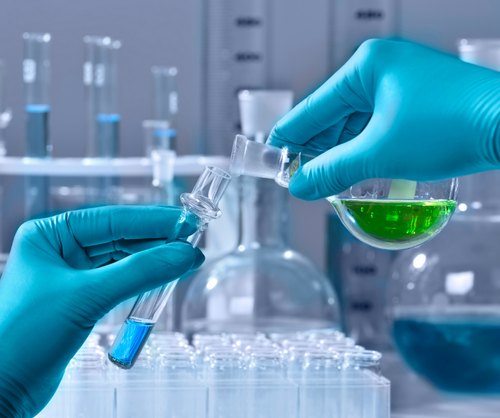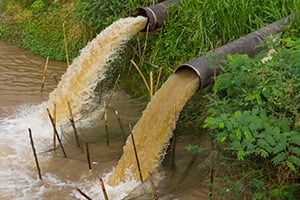Drinking Water Testing
We are a prominent advisory firm that offers solutions in the field of examining drinking water. Our initiative is designed to detect and regulate the presence of contaminants, microbes and viruses in water. Our seasoned group of engineers, scientists and specialists are enthusiastic about devising and executing testing strategies for our clients. Our guiding principle is to guarantee the safety and cleanliness of the environment in which you reside and work as well as to ensure the continual safety of the products you consume.
Water quality assessment involves analyzing water to ascertain if it's safe for human ingestion. The responsibility of overseeing the quality of potable water lies with local government bodies who employ various measures to ensure water safety. The process includes physical examinations for characteristics such as color, impurity and suspended particles. Water analysis can be a general term encompassing multiple methods used to evaluate the condition of water.
Water is an essential resource for human survival, constituting a fundamental requirement of life. Therefore, it is crucial to comprehend the quality of water we intake daily. The ingestion of contaminated water can lead to severe and potentially harmful health effects, necessitating the implementation of certain testing procedures to monitor water pollutants. Comprehensive water evaluation yields a report detailing the water quality, its source and the contaminants present. Various impurities, including calcium, magnesium, lead, benzene like substances and different bacteria and viruses can render drinking water unsafe. The use of hard water for domestic purposes may harm our skin, hair, clothing and household appliances.
Drinking water testing involves the assessment of physical, chemical, and microbiological properties of water to determine its safety for human consumption. The water quality can differ significantly across different regions, therefore, it is crucial to carry out rigorous testing to ensure public health and safety.
Key Concepts of Drinking Water Testing
- Standards : The national standards for drinking water quality is set by the Bureau of Indian Standards BIS 10500:2012, they specify the acceptable limits for different physical, chemical and microbiological parameters in drinking water.
- Physical Parameters : These include temperature, color, odor and impurity. While these do not usually pose health risks, significant deviations can indicate pollution.
- Chemical Parameters : These include pH, hardness, dissolved oxygen, biological oxygen demand, chemical oxygen demand and various specific contaminants like lead, arsenic, fluoride and nitrate. Excessive levels of these chemicals can pose serious health risks.
- Microbiological Parameters : These include total coliforms, fecal coliforms, E. coli, and other pathogenic bacteria, viruses and parasites. These are usually indicators of muddy contamination and can cause various diseases.
- Testing Methods : Water quality testing can be conducted in laboratories using various scientific methods. For remote areas where laboratory testing might not be feasible, portable testing kits can be used for on the spot testing.
- Surveillance and Monitoring : Regular surveillance and monitoring of drinking water sources are vital to ensuring water safety. The Central and State Pollution Control Boards are typically responsible for monitoring water quality across the country.
- Water Purification and Treatment : If water fails to meet the required standards, it must be treated before it can be used for drinking. This can involve processes like filtration and disinfection.
To detect impurities caused by heavy metals, chemicals, bacteria and other viruses, there is no single method available for identifying such contamination. This is due to the fact that these pollutants are not visible to the naked eye. There are many water testing laboratories, both public and private, which conduct various examinations to determine the presence of contaminants in drinking water. These examinations aim to identify coliform bacteria, nitrate levels, water hardness and total dissolved solids. Water testing is also conducted for drinking water in commercial establishments.


